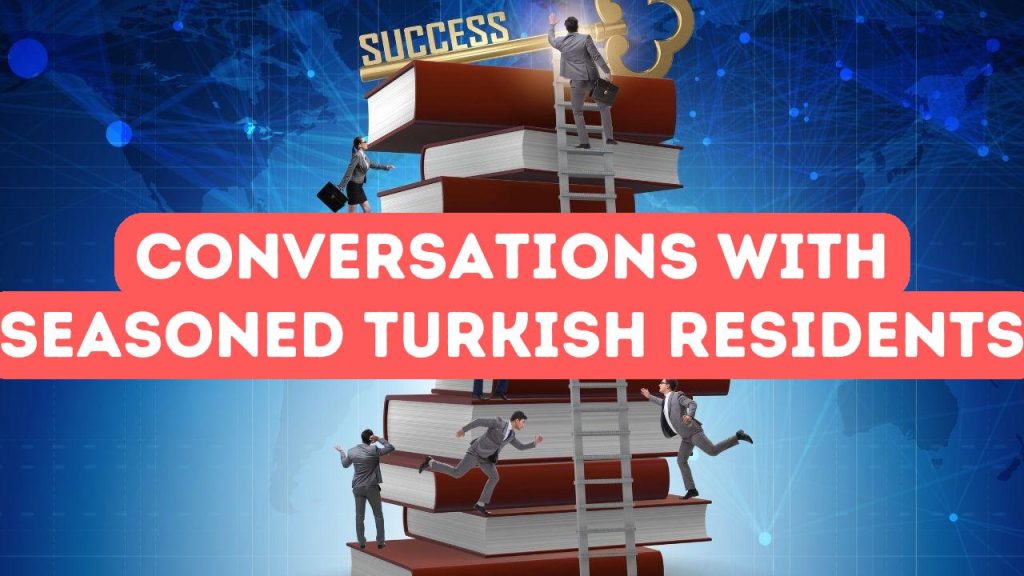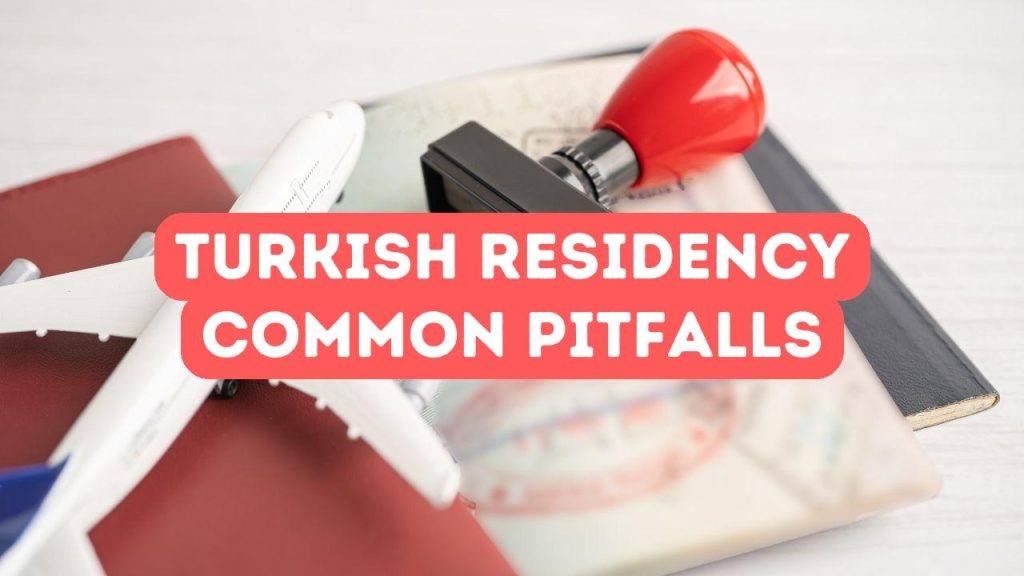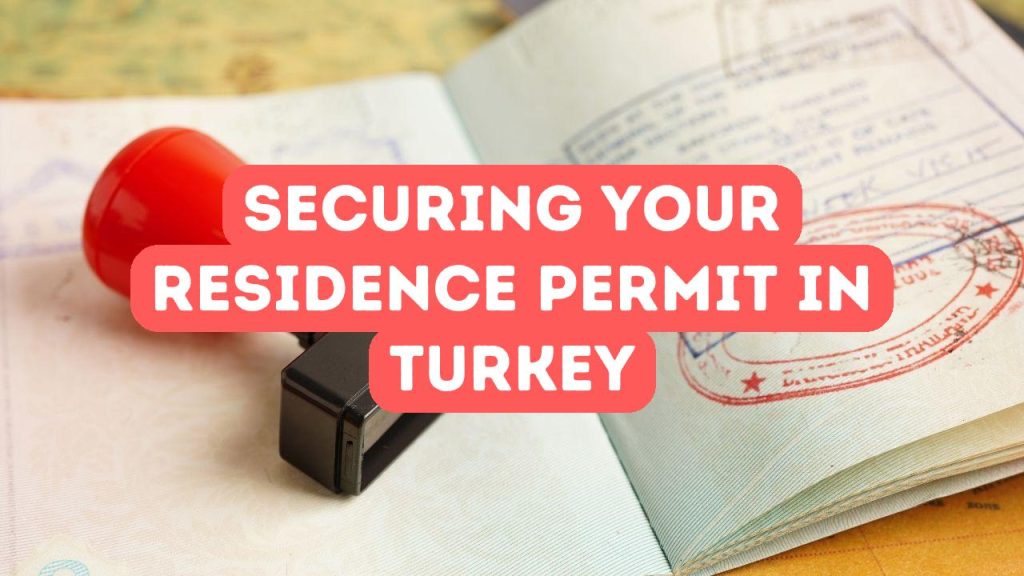Navigating Cultural Nuances: Expat Experiences in Turkey
Stepping off the plane, expatriates in Turkey might expect to encounter a barrage of exotic sights, sounds, and scents, but it’s the intricate dance of cultural nuances that truly tests the mettle of these international dwellers. From the bustling bazaars and vibrant street life to the serene call to prayer echoing at sunset, the initial enchantment soon gives way to the day-to-day realities of forging a life within a society operating on a framework often quite alien from their own. Seasoned expats recount tales of navigating complex hierarchies and unspoken social rules—some learned through amusing faux pas, others through more challenging trials. Each story unfolds as a testament to the patience and adaptability required to not only survive but thrive amid the effervescent chaos that characterizes the Turkish way of life.
Personal relationships in Turkey are the bedrock of social and business interactions, and mastering the art of building trust and friendship is indispensable for any expat. The notion of misafirperverlik or hospitality runs through the veins of the culture, often displaying itself in invitations to homes for a meticulously prepared meal or the sharing of tea among new acquaintances. These tokens of goodwill, however, come with the expectation of reciprocity and the understanding of subtle cues of communication — a delicate dance between directness and implication which requires a nuanced grasp of the language and non-verbal gestures. Time and again, expatriates emphasize the rewards reaped from these relationships: career and networking boons, deeper integration into the local community, and precious insights into the collective Turkish psyche. Yet, it’s a two-way street; these connections can only blossom with genuine interest and respect toward the rich tapestry of Turkish traditions and societal norms.
Amidst the ebb and flow of daily life, seasoned expatriates often discover that Turkey’s true essence lies beyond the sun-soaked beaches and storied ruins adorning postcards; it is found in the rhythm of local neighborhoods, the spirit of the street vendors, and the resilience of the people. They speak of the transformative power of shared moments — the camaraderie felt during local festivals, the vibrant debates in teahouses, and the quiet friendships forged on ferry rides across the Bosphorus. These experiences, interlaced with the fabric of everyday living, become milestones of a profound personal journey. As these expats weave their way into the heart of Turkish society, they often emerge with a sense of fulfillment that comes from the deep connections made and the lives irrevocably intertwined with their own — a rich mosaic of memories and lessons that are as much a portrait of their growth as they are a continuous homage to their adopted homeland.
Embracing the Turkish Way: Long-Term Residents Share Their Journey
The symphony of call to prayer and bustling marketplaces form the backdrop as our seasoned expatriates recount their initial foray into the Turkish way of life. Charmed by a blend of historic mystique and contemporary vigor, these long-term residents share tales threaded with discovery and adaptation. From mastering the ebbs and flows of Turkish language to the subtleties of social etiquette and deep-seated traditions, their journeys reveal the layers of connection and transformation that occur when one doesn’t merely change an address but embraces a culture wholeheartedly. The rich anecdotes illustrate a common theme: a tapestry woven from the patience of learning, the humility of stumbling, and the ultimate reward of belonging that unfurls over time.
Amid the aroma of fresh simit and the cadence of neighborhood banter, our expatriates delve into the nuances of Turkish hospitality – a value so deeply ingrained it’s often likened to an art form. Warm invitations to share çay and kahve in the homes of newfound friends become pivotal points where barriers dissolve and genuine friendships take root. These moments, though seemingly small, have profound implications, shaping expats’ perceptions of community and their roles within it. As they navigate the intricate dance of familiarity and respect, they often find that the friendships they forge are marked by a level of warmth and inclusiveness that is rare to find elsewhere, serving not just as social exchanges, but as the threads that intricately sew them into the fabric of local life.
In the embrace of Turkey’s storied landscape, long-term expatriates recount the metamorphosis from foreigner to familiar face, from observer to participant. The often unspoken, shared understanding of life’s rhythms in bustling cities and tranquil villages underscores their narratives of integration. It’s through communal experiences like the fervor of a local football match or the tranquility of sunset over the Bosphorus that the deeper connection to their adopted homeland is forged. These residents do not just inhabit spaces; they add to the communal tapestry, contributing their unique colors and textures through professional endeavors and cultural exchanges. The journey culminates in a profound realization: home is no longer tied to a place of origin but is where the heart resonates with the stories, the people, and the life it has embraced in the crossroads of history and modernity that is Turkey.
From Foreigner to Local: The Transformation of Expats in Turkey
The transition from foreigner to local is a gradual metamorphosis marked by the accumulation of small, daily experiences that coalesce into a profound sense of belonging. For expats in Turkey, this transformation often begins with the daunting task of mastering the Turkish language—a key that unlocks the subtleties of cultural nuances and earns the warm embrace of Turkish hospitality. As they navigate bustling bazaars, serene tea gardens, and the labyrinthine streets of ancient neighborhoods, expatriates weave themselves into the fabric of community life. Through shared iftar feasts during Ramadan, boisterous cheering at football matches, or silent reverie in centuries-old mosques, they find their rhythms falling in step with the pulse of Turkey, slowly eroding the invisible barrier that once delineated them as outsiders.
This immersion, however, brings with it a kaleidoscope of challenges that demand resilience and adaptability. Confronting norms that may contrast sharply with their own—such as complex bureaucracy and a different conception of time—expats learn the delicate craft of patience and the art of ‘keyif’, a uniquely Turkish concept capturing the bliss of unhurried pleasure. This dance with difference extends to the nuances of interpersonal relationships. With every sip of çay (tea) shared with neighbors and every exchange in the local market, expatriates earn layers of trust and mutual respect, becoming woven into the community’s social tapestry. The bond tightens with each shared milestone and celebration, strengthening their claim to the title of ‘yabancı’ no longer, but neighbor, friend, and ‘hemşehri’—one of the city’s own.
In time, the identity of the expatriate is irrevocably altered as they absorb the rich heritage and traditions of their adopted homeland. The transition reaches its zenith when not only do the linguistic and cultural nuances become second nature, but the expat also begins to contribute to the community, perhaps through business ventures that fuse global perspectives with local practices or through participating in local governance and community projects. They advocate not just for the expatriate community but for their locale as a stakeholder, bolstering the local economy, and enriching the cultural mosaic. Their home is no longer a place on the map but a space where memories are forged, friendships are nurtured, and life is lived with a depth that only comes from truly knowing and loving the quirks and colors of one’s environment. The word ‘foreigner’ fades into obsolescence and is replaced by a profound personal transformation that is the true hallmark of adapting and thriving in the mesmerizing complexity of Turkey.






